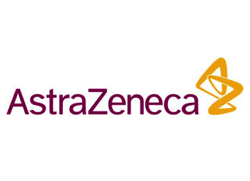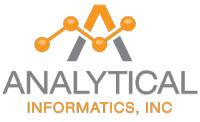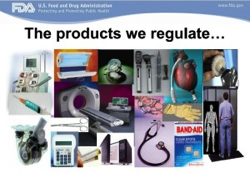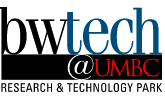
NexImmune, an early stage biopharmaceutical company, today announced it has secured $3 million USD in financing led by New Enterprise Associates (NEA). Other investors include Pfizer Venture Investments and Amgen Ventures. In association with the financing, Jim Barrett of NEA and Janis Naeve of Amgen Ventures were named to NexImmune’s board of directors.
NexImmune is developing immunotherapy products from its proprietary Artificial IMmune (AIM™) nanotechnology. The AIM technology, which was first developed by Drs. Mathias Oelke and Jonathan Schneck at The Johns Hopkins University, has several potential applications for the treatment of cancer, autoimmune disorders, and infectious disease. Proceeds from this financing will be used to support pre-clinical development of the company’s first product, AIM 101, an artificial Antigen Presenting Cell (aAPC) for the treatment of cancer.









